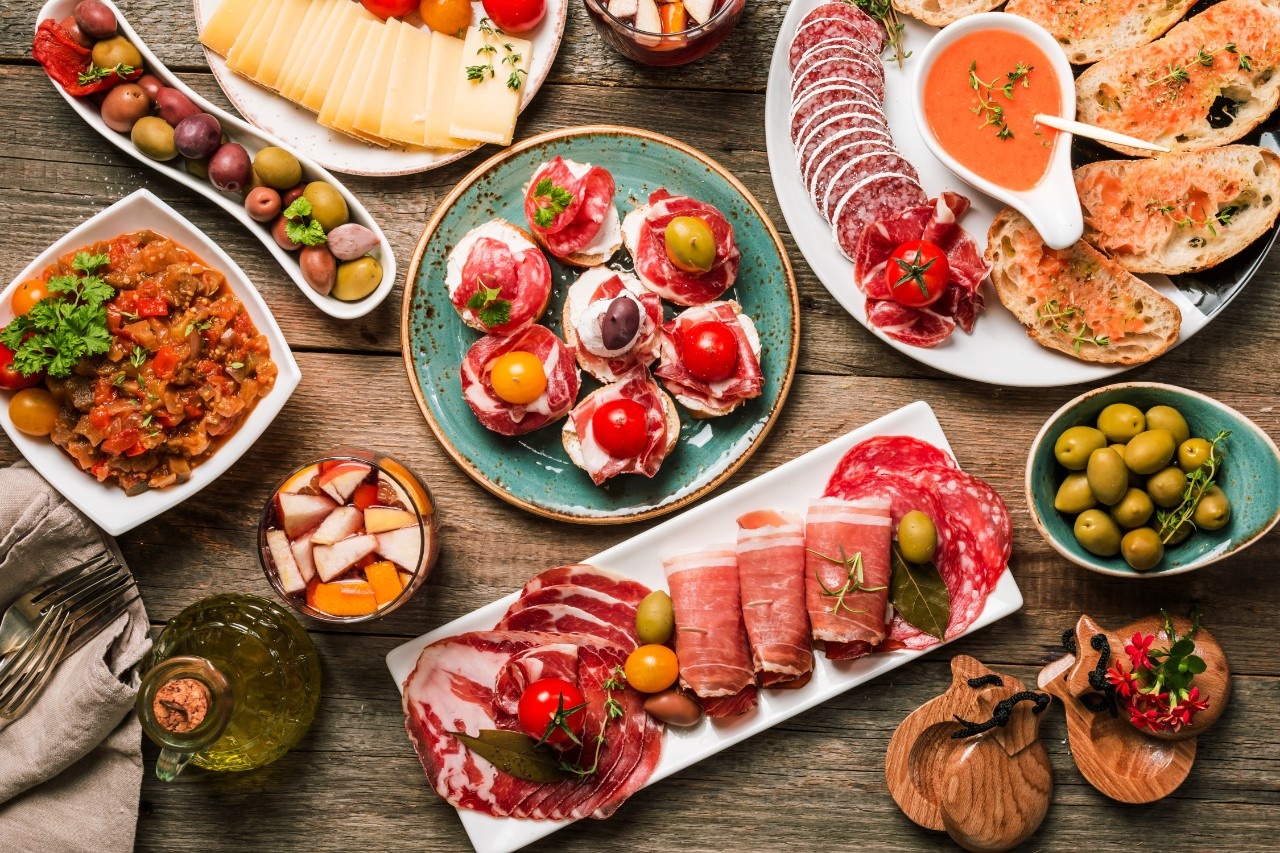Plastic Food Packaging: Before and After COVID‑19
Support for tighter regulations and plastic bans in food industry eroded due to COVID-19, Dalhousie study finds
Halifax – The Agri-Food Analytics Lab at Dalhousie University is releasing a second report on the issue of single use plastics in the food industry. The aim of the survey was to understand how the COVID-19 pandemic has impacted Canadian consumers’ attitudes towards single-use plastic food packaging.
The report which compares two cross-national surveys, generated interesting results. The initial one was conducted in 2019 while the most recent one conducted in the middle of the pandemic. The percentage of respondents actively shopping for non-plastic packaged goods is essentially unchanged, from 58% in 2019 to 60% in 2020.
While the vast majority of Canadians continue to recognize the environmental impacts of plastics, 2020 results see small but measurable decline in concern (from 91% to 87%), and in consumers’ motivation to avoid plastics (from 89% to 85%) - but with steeper declines among men.
But COVID-19 did change a few things. For one, 29% of respondents feel they are buying more plastic packaged goods during COVID. Women are more likely than men to buy more plastics (34% vs 25%). Young people are particularly buying more – with 47% of 18-25-year old and 34% of 26-39-year old reporting more plastic packaging consumption. That may be because younger consumers ordered more pre-prepared foods from restaurants and meal kit providers than other consumers. Also, knowing environmental packaging could cost more, 50% of respondents are more price conscious since COVID – particularly those with lower incomes and those receiving CERB.
Food safety concerns seem to be a determinant. As such, 55% of respondents are more concerned about food safety since COVID – particularly female, urban, and respondents in BC and the Atlantic. “The COVID-19 pandemic has clearly altered the landscape of consumer opinion on plastic packaging.” Said Robert Kitz, Research Associate at the Lab and lead-author of the study. “While tighter regulations, and even bans had once looked like near-consensus policy options, that support is now eroded.”, said Kitz.
During the pandemic, 40% of respondents consider new safety concerns during COVID to be either “very important’ or “extremely important” to their decisions about buying plastic packaged goods. New safety concerns were most important for respondents who were female, older, lower income, and had fewer children. “The industry appears to have responded well to food safety concerns during the pandemic, but it likely helps the plastic situation at all”, said Dr. Sylvain Charlebois, Director of the Lab.
The will to regulate more also was affected by the pandemic. In 2019 there was strong support for both stronger regulations on plastics (90% in agreement) and also for a single use plastics ban (70% in agreement) Support was equal between men and women. In 2020, support for stronger regulations has declined by 11 percentage points to 79%, and support for a ban is down 12 points to 58%. Male and female attitudes have diverged, with women continuing to support bans and regulations while support among men is down sharply.
“COVID-19 may have made some people forget about our plastic addiction, but the problem is still amongst us.”, said Dr. Tony Walker, co-author, and Research Associate at the Lab. Indeed, 52% of respondents agree that any new regulations should wait until after COVID is resolved.
The Agri-Food Analytics Lab will continue to monitor public sentiment about plastics and climate change related to the food industry.
Methodology: A representative survey of Canadian consumers was carried out from July 10 to July 14, 2020, in partnership with Angus Reid. A total of 977 valid responses were collected. In order to observe changes over time, we compared these recent results with baseline data collected by this lab through an earlier survey of 1014 Canadians conducted on May 13 to 18, 2019.
Margin of Error: Each sample carries a margin of error of +/‐3.2 percentage points, 19 times out of 20. Discrepancies in or between totals are due to rounding.
Media contact:
Robert Kitz, Research Associate (Lead Author)
Faculty of Management, Dalhousie University
robertkitz@dal.ca
Tony Walker, Research Associate
Faculty of Management, Dalhousie University
trwalker@dal.ca
Sylvain Charlebois, Scientific Director, Agri-Food Analytics Lab
Faculty of Agriculture, Dalhousie University
sylvain.charlebois@dal.ca
902-222-4142 (cell)
Janet Music, Research Program Coordinator
Agri-Food Analytics Lab
Faculty of Management, Dalhousie University
jlmusic@dal.ca
902-494-2471
Download the report:
